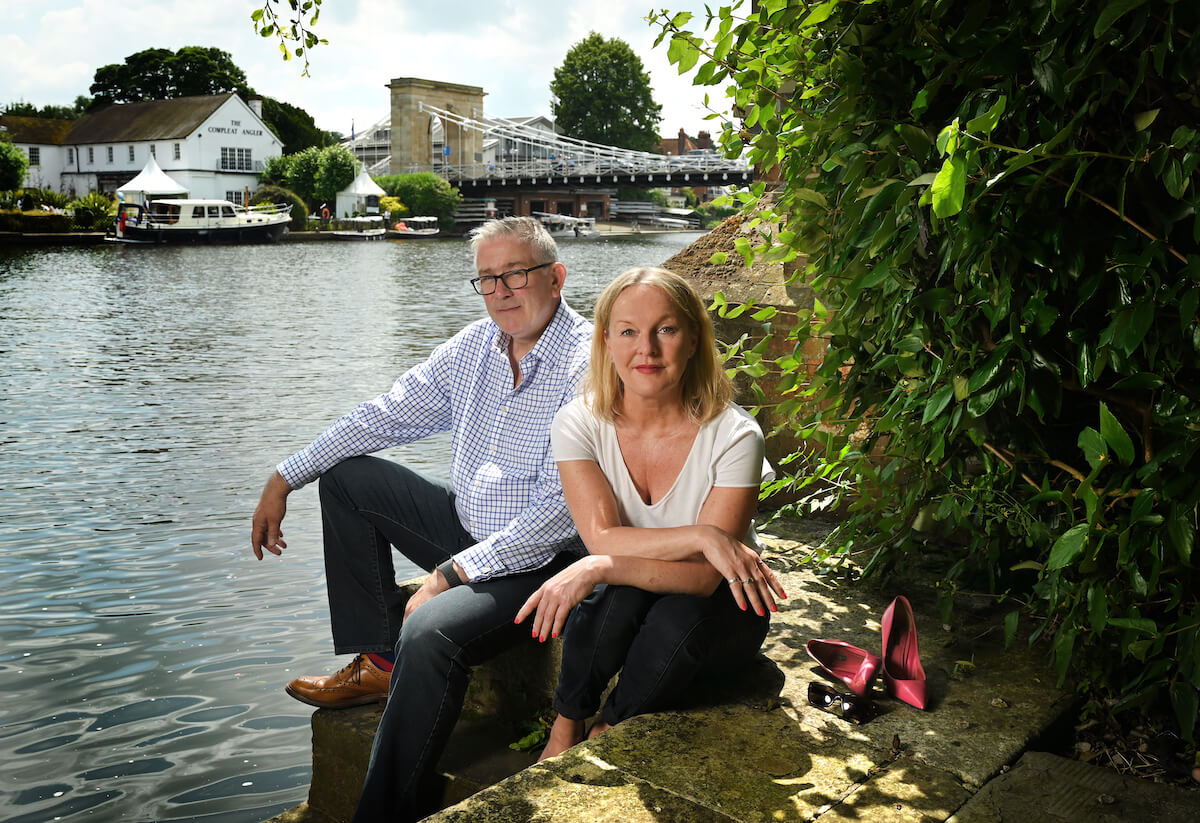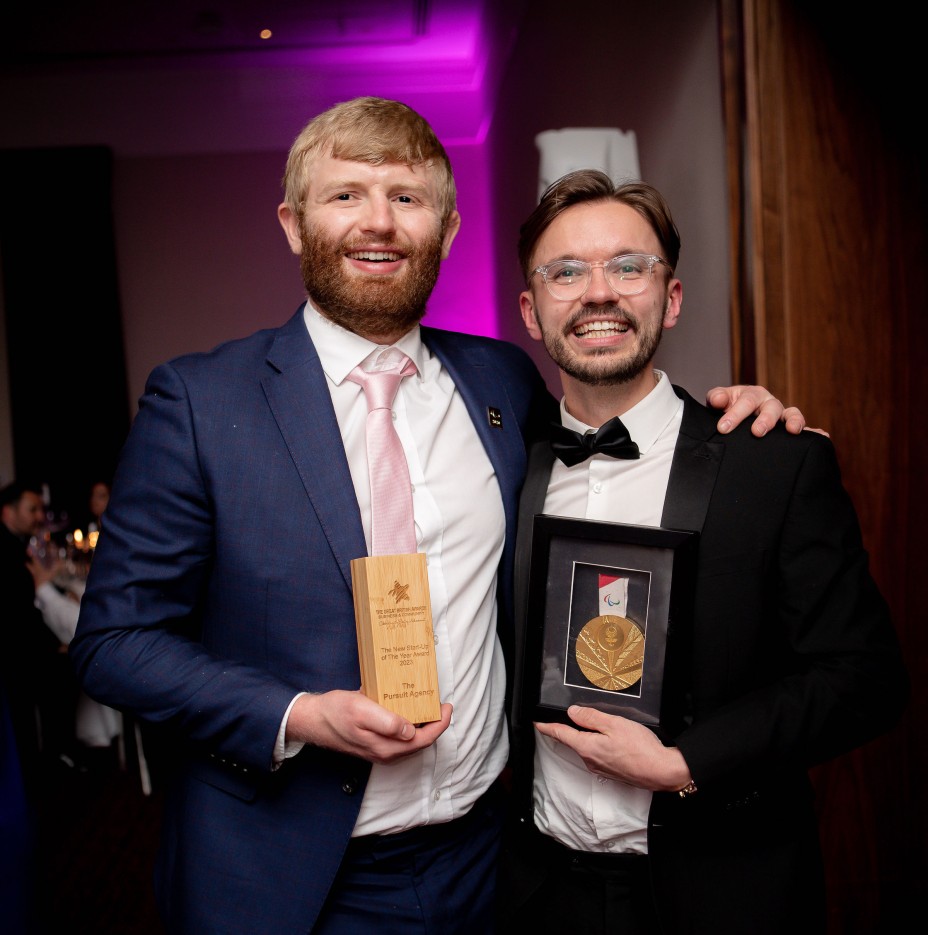
Equanimity, a new conflict resolution company that works with businesses to solve toxic relationships, is helping executives improve work environments and restore wellbeing post-pandemic.
Launched this summer by leading communications experts Anne Marie Payne and Mark Casey, Equanimity aims to bring businesses back from the brink by helping them navigate fractured relationships.
Having found a growing need for a relationship service that could help fix some of the most difficult conflicts between business partners, the two founders decided it was time to help the community. They aim to solve long-term problems by putting each individual first and turning their situations around in a fair and balanced way.
The Britonian sat down with the founders of the new conflict resolution practice to understand more about how it aims to fix toxic business relationships in a post-pandemic world, and what are some of the current difficulties businesses are experiencing.
Interview with Equanimity
How has the pandemic affected business relationships?
Well, the Covid induced lockdown has placed almost unbearable pressure on many SME’s and partnerships and many of our friends and colleagues have told us that if there was way to fix these problems, they would take it because conflict in business sucks.
What are some of problems businesses are currently facing with unresolved bad relationships?
You must deal with any conflict at its root. Conflict sucks out motivation, enjoyment, resilience, and collaboration. It can damage partnerships, reduce effectiveness, and destroy enjoyment. Despite the best efforts of all parties, conflict can leave scars, underlying wounds on people and organisations. Without attention the wounds never properly heal.
What does conflict look, and sound like in a business context?
Conflict can mean different things to different people. For instance, one person’s seemingly aggressive, dogmatic behaviour can be viewed by some as assertive and driven, yet to others it is offensive and overbearing. Whereas, some successful executives are comfortable with silence, choosing to manage situations and people more calmly, others prefer a more boisterous, vocal approach.
So that begs the question; can some conflict in a partnership, or between executives, be viewed as a good thing? Can conflict ever be healthy, and if yes what level of conflict is acceptable?
What is never acceptable is when executives feel so brow-beaten by colleagues that they choose to suffer in silence, feeling exhausted and defeated. This can create a toxic and debilitating environment, which leads to a dysfunctional organisation.
Everyone is entitled to a voice, and everyone needs to be heard. All partners need to accept and understand that their colleagues’ opinions, suggestions, and experiences have real value. Lack of listening and not appreciating and valuing your partner can lead to resentment and potentially a “whole world of hurt”.
What can a business do to turn conflict around?
Don’t carry on in the same way. With guidance and robust counsel in a safe environment, diplomatic relations can be restored if everyone starts talking and listening calmly in an equitable, open and moderated environment. We are providing that.
We begin with the assumption that it is possible to be assertive and collaborative at the same time. We completely agree that it is also possible to be cooperative and focused on individual goals at the same time. Once some equanimity has been restored, progress will be made.




